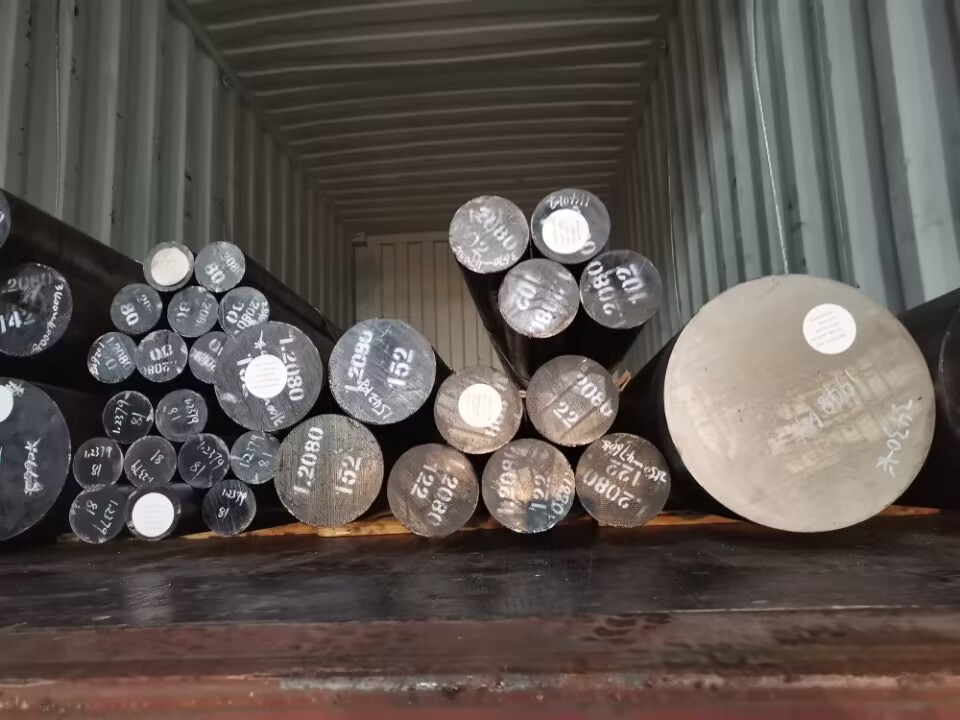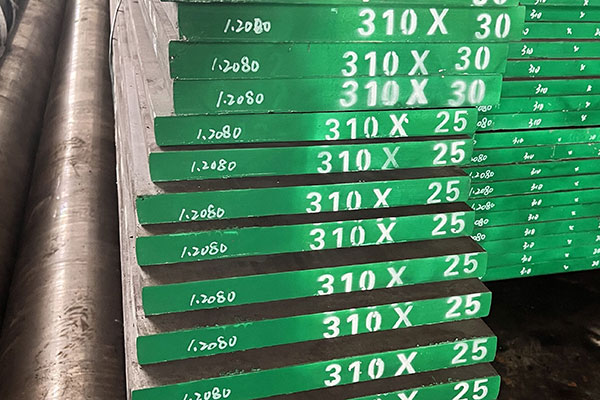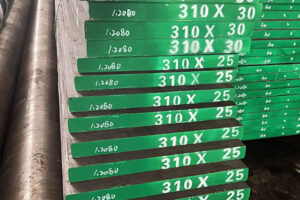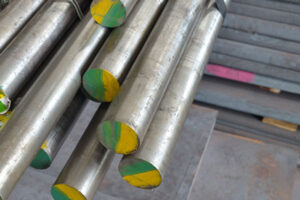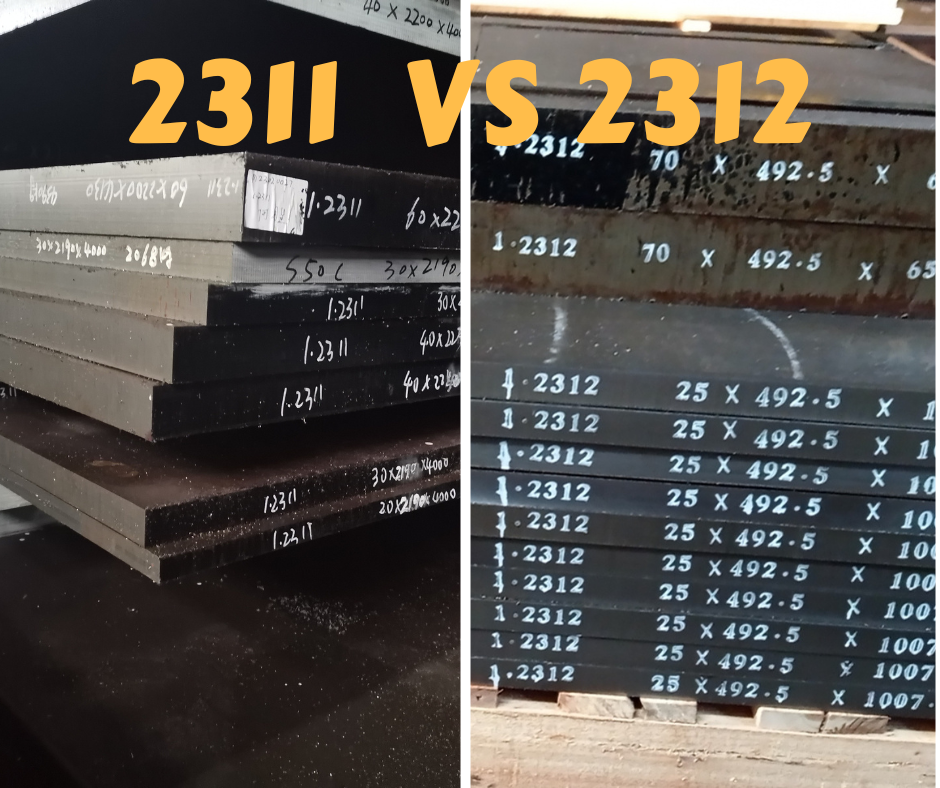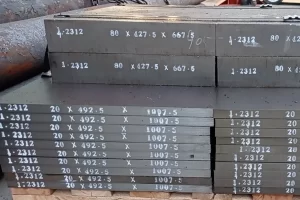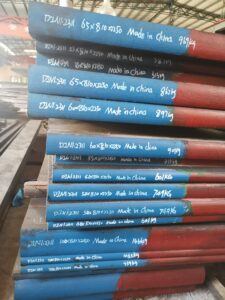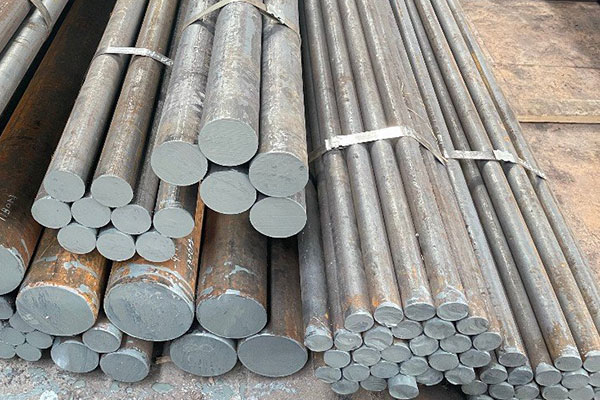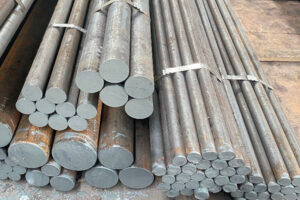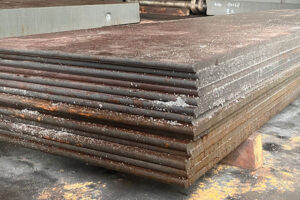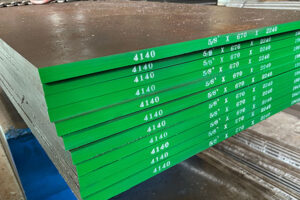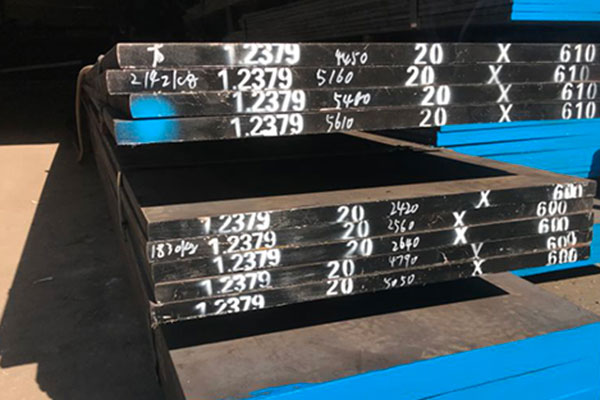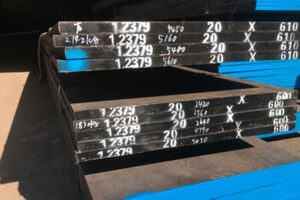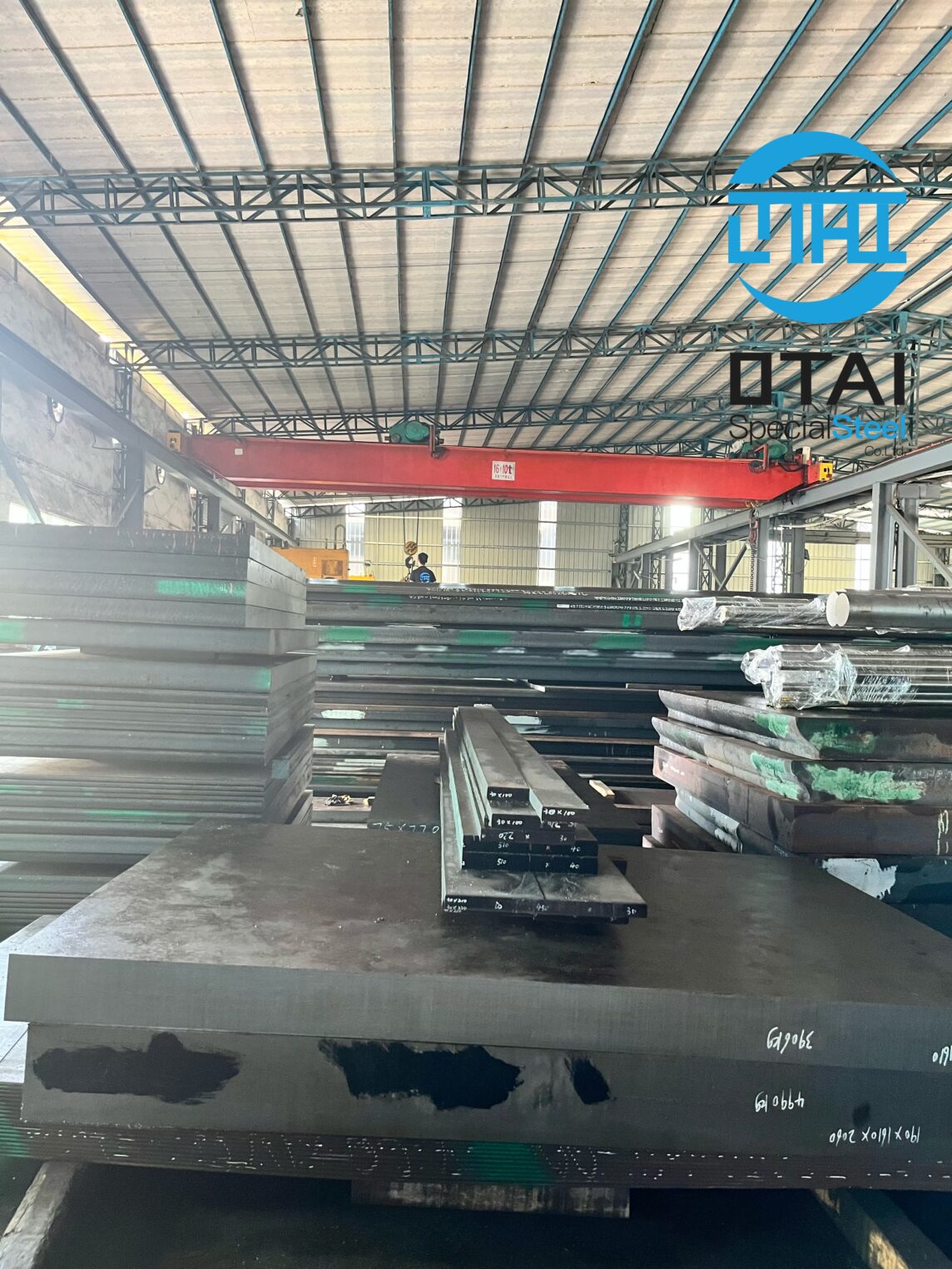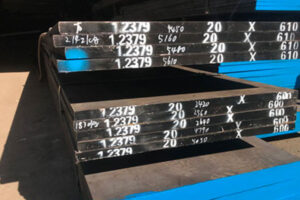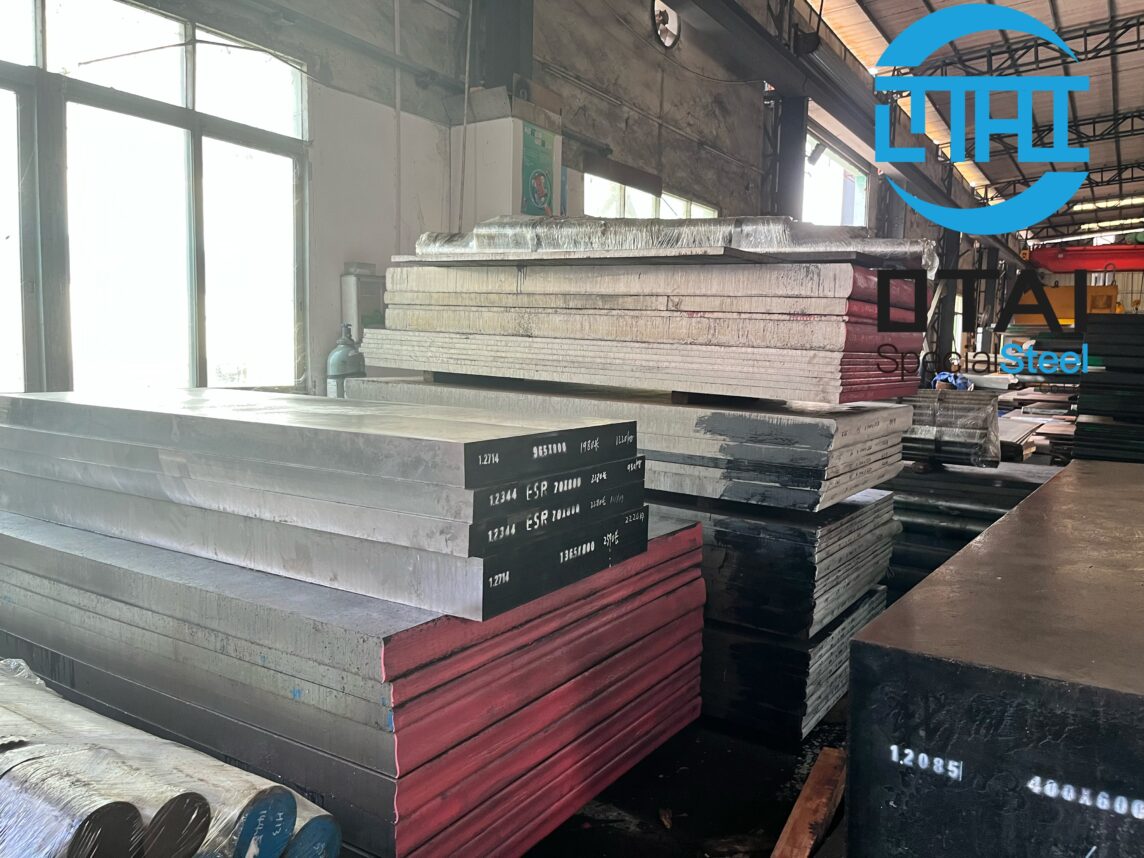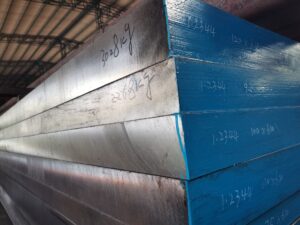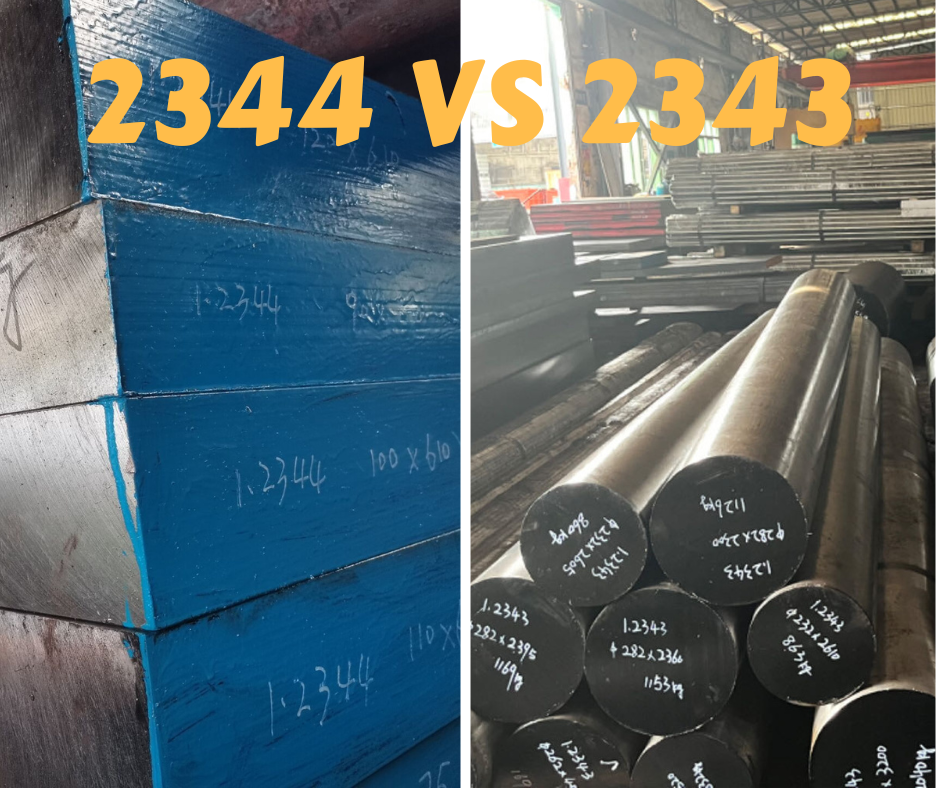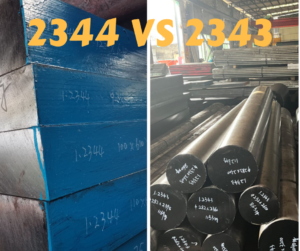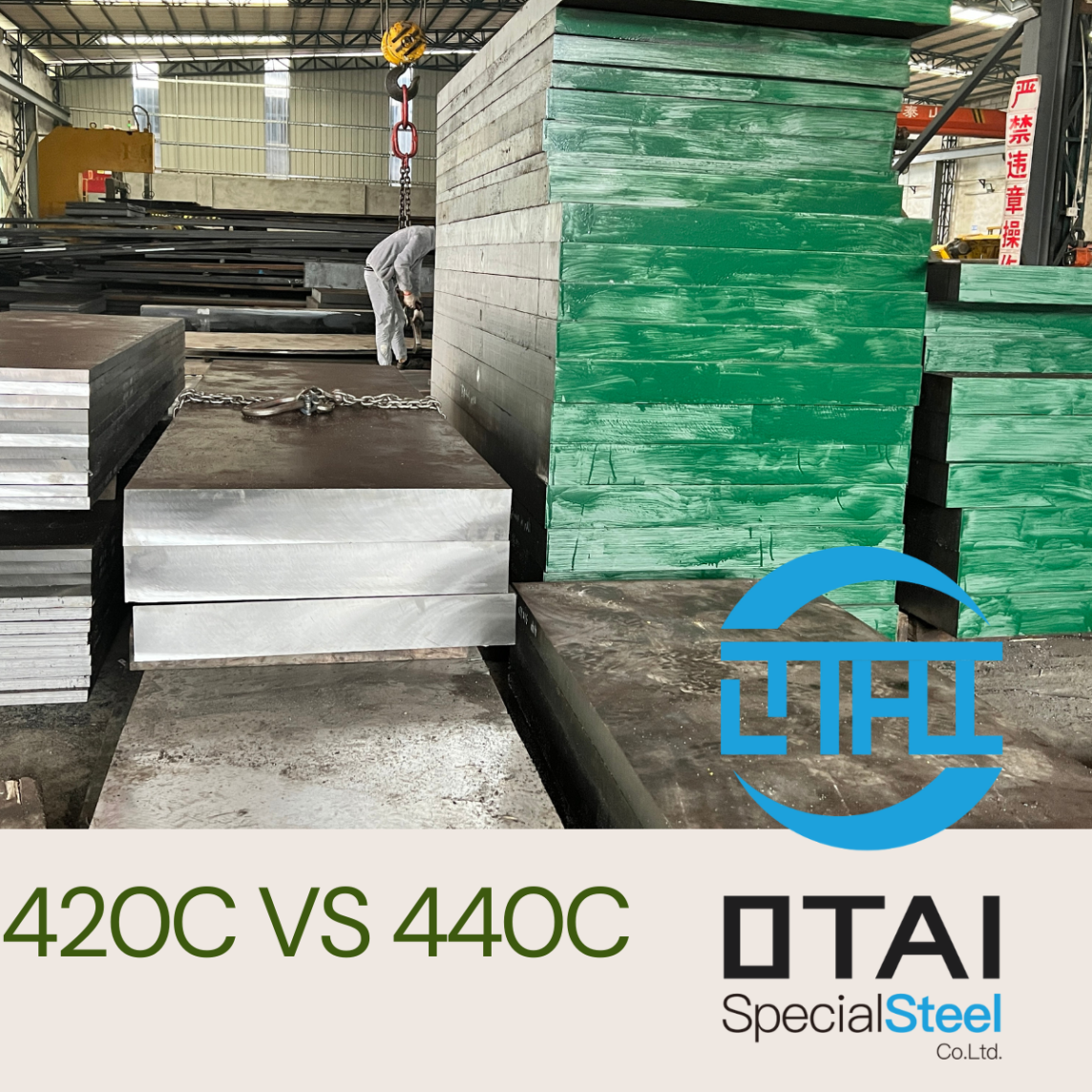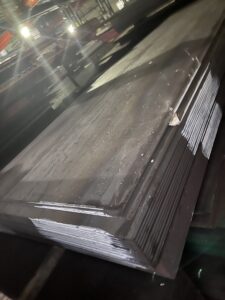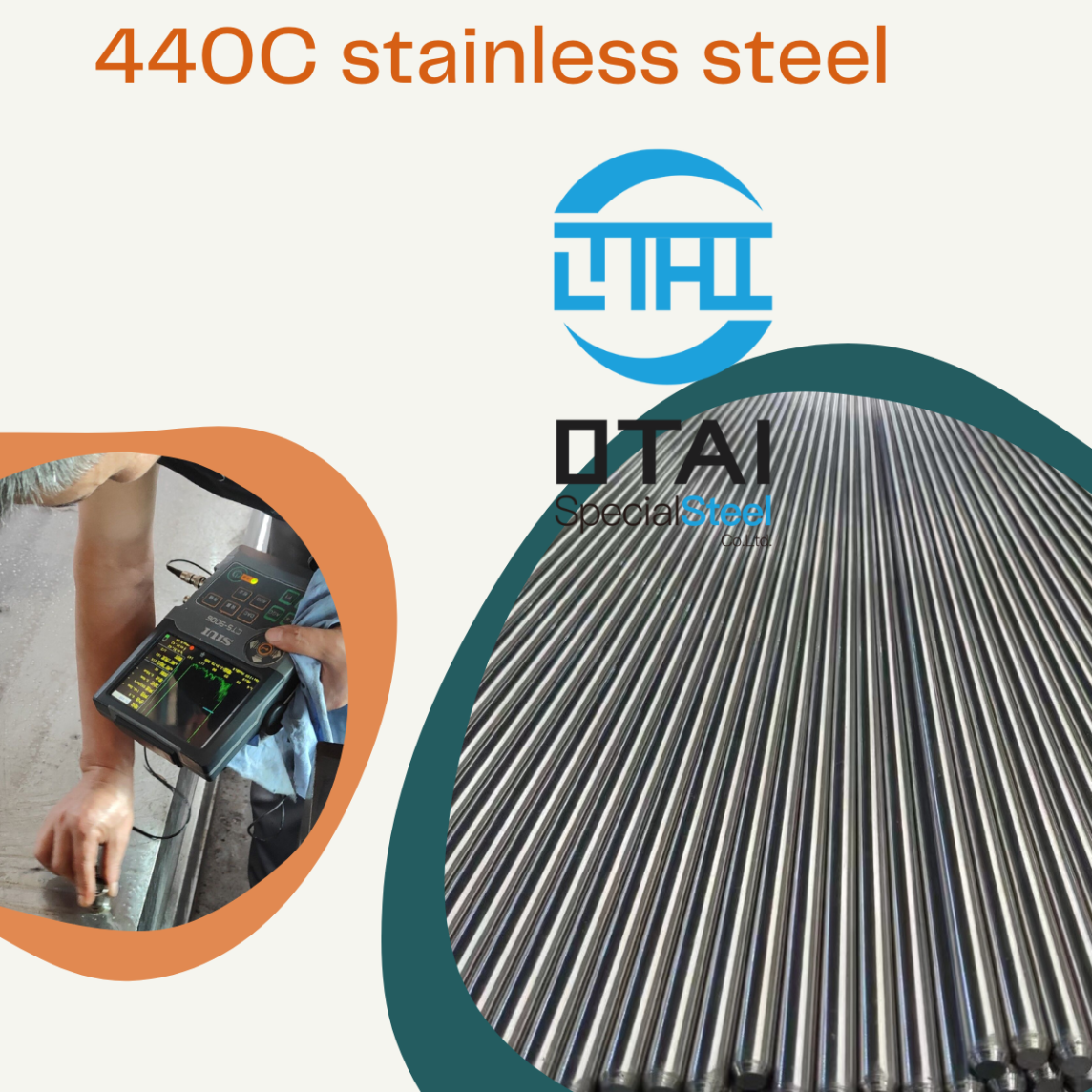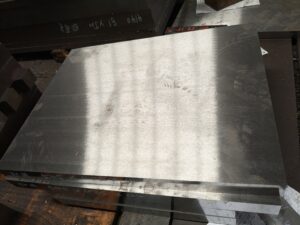How does 1. 2080 steel compare to other tool steels?
When it comes to high-carbon, high-chromium tool steel, 1.2080 steel stands out for its unique combination of properties. Whether you are in the tooling industry or need steel for high-wear applications.
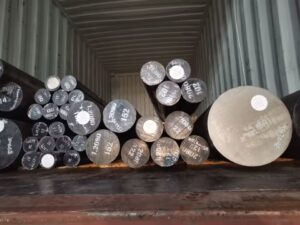
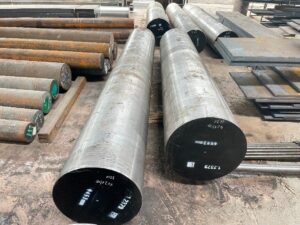
What is 2080 Steel?
1.2080 steel, also known as AISI D3 ,it is a high-carbon, high-chromium tool steel.
With excellent wear resistance, high hardness, and good dimensional stability. This steel is typically used in applications where high abrasion resistance is required.
Chemical Composition of 1.2080 Steel
Here’s a detailed table showing the chemical composition of 2080 steel:
| Element | Composition (%) |
|---|---|
| Carbon (C) | 2.00 – 2.35 |
| Silicon (Si) | 0.10 – 0.60 |
| Manganese (Mn) | 0.10 – 0.60 |
| Chromium (Cr) | 11.00 – 13.00 |
| Phosphorus (P) | ≤ 0.03 |
| Sulfur (S) | ≤ 0.03 |
| Nickel (Ni) | ≤ 0.30 |
To better understand the unique characteristics of 1.2080 steel, let’s compare it with other commonly used tool steels:
| Property | 2080 Steel | D2 Steel | O1 Steel |
|---|---|---|---|
| Carbon Content | 2.00-2.35% | 1.40-1.60% | 0.85-1.00% |
| Chromium Content | 11.00-13.00% | 11.00-13.00% | 0.40-0.60% |
| Wear Resistance | Excellent | Very Good | Good |
| Hardness (HRC) | 58-64 | 58-62 | 57-62 |
| Toughness | Moderate | Good | Excellent |
| Corrosion Resistance | Moderate | Moderate | Low |
FAQs
1. Can 2080 steel be used for hot work applications? No, 2080 steel is primarily designed for cold work applications due to its high carbon content and brittleness at elevated temperatures.
2. How does the wear resistance of 2080 steel compare to other tool steels? 2080 steel offers superior wear resistance compared to many other tool steels, including D2 and O1, making it ideal for high-abrasion environments.
3. What are the common heat treatment processes for 2080 steel? Common heat treatment processes for 2080 steel include annealing, hardening, and tempering to achieve the desired hardness and mechanical properties.
4. Is 2080 steel suitable for making knives? While 2080 steel can be used for making knives, its high hardness can make it difficult to sharpen,commonly used in industrial cutting tools rather than consumer-grade knives.
5. What is the typical hardness range of 2080 steel after heat treatment? After proper heat treatment, 2080 steel typically achieves a hardness range of 58-64 HRC, depending on the specific tempering process used.
